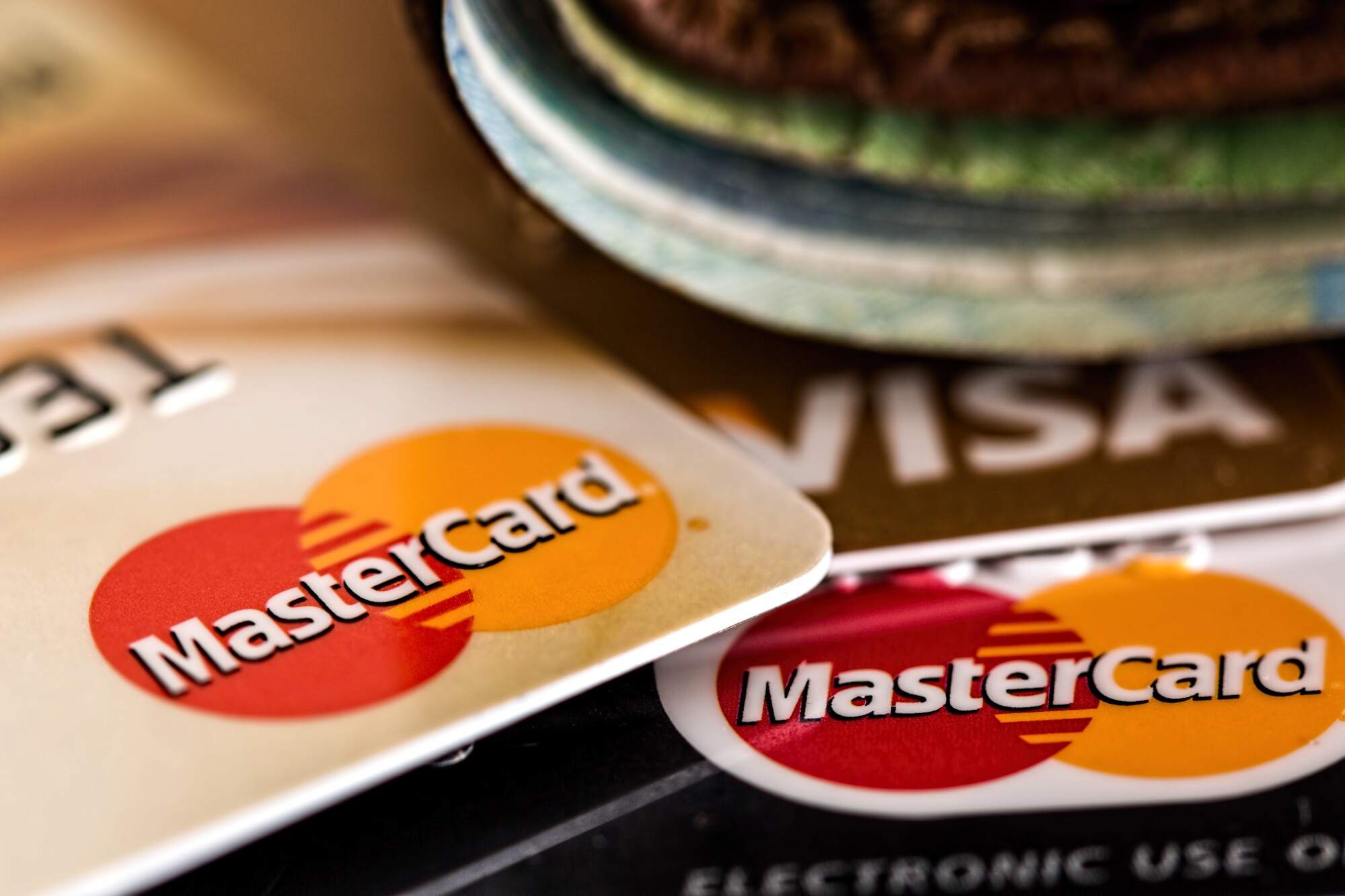
Credit vs Debit Cards: What Are the Differences?
Credit and debit cards are used by millions of people every single day. They are a fast and convenient way to make a payment while you’re on the go.
Most people have both credit and debit cards. They use them occasionally interchangeably without knowing how they differ. But there are some key differences that are important to know before you use them.
Let’s look at what the differences are between credit vs debit cards.
What Is a Credit Card?
A credit card is a card issued by a financial institution, usually a bank, that allows the cardholder to borrow funds from that institution. The cardholder agrees to return the money with interest in accordance with the institution’s terms.
Credit cards are issued in the following variety of categories. Check them out below!
Standard Cards
This card grants users a line of credit for purchases, transfers, and/or cash advances, often with no annual fee.
Premium Cards
They offer perks such as concierge services, airport lounge access, and access to special events, but usually come with a higher annual fee.
Rewards Cards
This card offers cash back, travel points, or other benefits to customers based on how they spend.
Secured Credit Cards
This card requires an initial cash deposit that is held by the issuer as collateral.
The Difference Between Credit and Debit Cards
When it comes to using credit and debit cards, there are a few key differences that you should be aware of. For one, credit cards usually offer better rewards than debit cards.
Also, when you use a credit card, you’re borrowing money from a lender, which means you’ll need to pay interest on that debt if you carry a balance.
On the other hand, when you use a debit card, you’re using your own money that you’ve already deposited into your account.
Finally, credit cards typically have higher credit limits than debit cards, giving you more flexibility when it comes to making larger purchases.
The Advantages of Using Credit Cards
There are several advantages when using a credit card. These includes:
Offers the Opportunity to Build Credit Score
Credit cards offer people the opportunity to build their credit score, which can be helpful in the future when applying for loans. This also means that with a credit card, you can buy things now and pay for them later.
Using a line of credit by making purchases—and paying them off on time—will help you get a good credit rating from credit rating agencies, which will make lenders more likely to lend to you and offer you a good interest rate.
Offers Rewards Programs
Credit cards typically offer rewards programs that can give you cash back or points that can be redeemed for travel, merchandise, or other perks.
Has a Much Higher Credit Limit
Credit cards also have a much higher credit limit than debit cards, which can be helpful if you need to make a large purchase.
While a credit card may have a much higher credit limit than a debit card, it is important to remember that you will eventually need to repay any money you borrow. You may check out www.getbankcard.com for more helpful information about credit cards.
Has Warranty and Purchase Protections
Credit cards offer certain protections that debit cards do not. For example, if you make a purchase with a credit card and the item is defective, you can dispute the charge with your credit card company and they may refund your money.
Most credit cards also offer purchase protection, which means if you buy something with your card and it is stolen or damaged, you may be able to get a refund or replacement from your card issuer.
The Disadvantages of Using Debit Cards
Despite their convenience and ease of use, there are also many disadvantages of debit cards.
No Rewards
With a debit card, you won’t earn any points, miles, or cash back on purchases made. Because rewards can save you money, depending on how you redeem them, you could be missing out if you only spend with a debit card.
Won’t Build Credit
Building good credit means showing lenders that you can responsibly repay the money you borrow.
If you’re paying with a debit card linked to your bank account, using a debit card alone won’t help you create or build a credit history because you don’t have the option to do so.
Has Overdraft Fees
Debit cards have no annual fee, but you can pay other fees to have a checking account.
These may include monthly maintenance fees, overdraft fees if you overdraw your account, restocking fees, and overseas ATM fees if you use your debit card on another bank or financial institution’s machine.
Credit vs Debit Cards: Which Is Better?
Debit cards and credit cards offer different benefits.
Credit cards can help you build your credit score, which can give you access to lower interest rates on loans and improve your chances of getting approved for a mortgage or car loan.
Debit cards, on the other hand, offer instant access to your funds and can be used anywhere that accepts card payments.
So, which is better? It depends on your situation. If you’re good at managing your finances and paying off your debts, then a credit card can be a great way to build your credit history and get rewards like cash back or points.
However, if you tend to overspend or carry a balance from month to month, then a debit card is probably a better option so you don’t get stuck with high-interest payments.
Learn More About Credit and Debit Cards
If you’re trying to decide between a credit and debit card, it’s important to understand the differences between the two.
Credit cards can help you build credit and offer rewards, while debit cards are a more simple way to access your bank account funds. Ultimately, the best choice for you depends on your financial goals and spending habits.
So, when it comes to credit vs debit cards, it all comes down to how you spend your finances. Choose the one you think you will benefit the most.
Did you find this article helpful? Check out the rest of our blogs!















